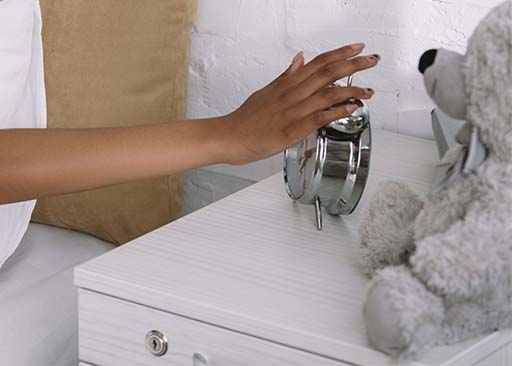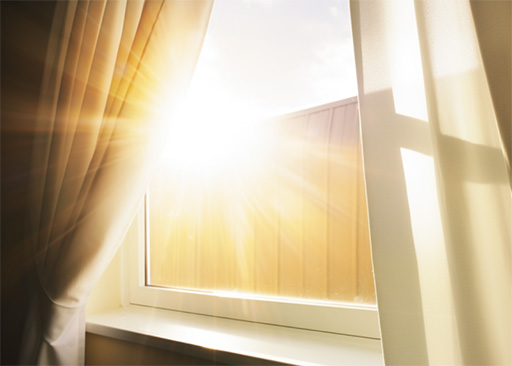What is the best time to go to sleep?

Understanding sleeping habits:
- Firstly, you need to understand your body clock and make sure that you follow mother nature’s rhythm. Our bodies are naturally tuned to maintain the order of day and night. They are called circadian rhythms. Every morning your brain causes a rise in body temperature by sending signals. A health hormone called cortisol gets heated up. During the night, when natural low light exposure is present, melatonin hormones rise as you lay in bed.
- A rem sleep calculator will generally indicate that your ideal sleep is between 10 p.m. and 6 a.m. Starting sleep times between 8 o’clock to 12 o’clock should be adequate as it includes both REM and non-REM sleep.
- Next, determine the best time to wake up and work backward to arrive at an ideal bedtime. You may not need the same bedtime as the average person; work out the natural ideal time to wake up in the morning. Next would be to determine the amount of sleep you might be requiring. Seven to nine hours is recommended amount of sleep for the adult age group. Now, work backward from the wake-up time you chose. For example, if you must wake up at 6 a.m. (mainly for adults) to work back, you may find that you must sleep at 10 p.m. Make sure to schedule any meditation before this bedtime routine.
- Delaying when you fall asleep until past midnight is associated with the health risk of insomnia and psychological distress. Waking up late has been linked to an increased risk of depression, bulimic behavior, and seasonal affective disorders (SAD). Depressive symptoms were also seen in Japanese workers, according to the research.
- Waking up is as important as determining the best time to fall asleep in bed. The chief benefit of rising early in the morning is that it helps give you a clear plan for your morning and long-term/short-term goals. It makes you more proactive. Studies have found that early risers are more active than sedentary night owls.
Sleep cycles – The best time to sleep and wake up:
In general, a sleep cycle is 90 minutes of sleep. During the sleep cycle, we move through five levels of sleep four levels of non-rapid eye movement sleep and one level of rapid eye movement sleep.
Our internal clock moves from light sleep of being slightly awake at level 1 to deep and sound sleep at level 4. It is arduous to wake someone in level 4 of a sleep cycle, which is why you might feel more tired the next day if you wake up during this stage.
The fifth level is REM sleep which is when most dreaming occurs. Understanding the various levels of sleep within our sleep cycle is essential since we are talking about getting a good night’s rest.
Experts that use a rem sleep schedule believe a varying sleep between light sleep and deep sleep is broken up into 90 minutes of quality sleep cycles. Our brain moves from a deep and non-rapid eye movement to sleep during level 5. In general, the ratio of non-REM changes even when the 90-minute sleep is fairly-stable.
Towards daybreak, REM takes over and is generally dominated by non-REM sleep early at night. The main reason it matters is that the deeper and more restorative the rest is, the more non-REM it is compared to lighter and dreamy sleep.
No matter when you decide the best time to sleep and wake up, the non-REM sleep will occur early at night. Let’s suppose if sleep starts at 2 a.m., your body will skip through that critical, restorative sleep, even if you get enough sleep for the full recommended eight hours.

Conclusion:
The best time to go to sleep depends on the person’s age, sleep cycle, and whether the sleeper is a night owl or an early bird. Night-owls who sleep force themselves to go to bed early at night, or morning people who stay late during the night seem to go against their health physiology can affect their alertness.
BioScan is an excellent way to improve the quality of sleep. It can identify any potential health concerns that may need attention and may help improve overall sleep quality by identifying stressors causing disruptions to restful sleep. BioScan can also help identify areas of the body that may need more attention.
